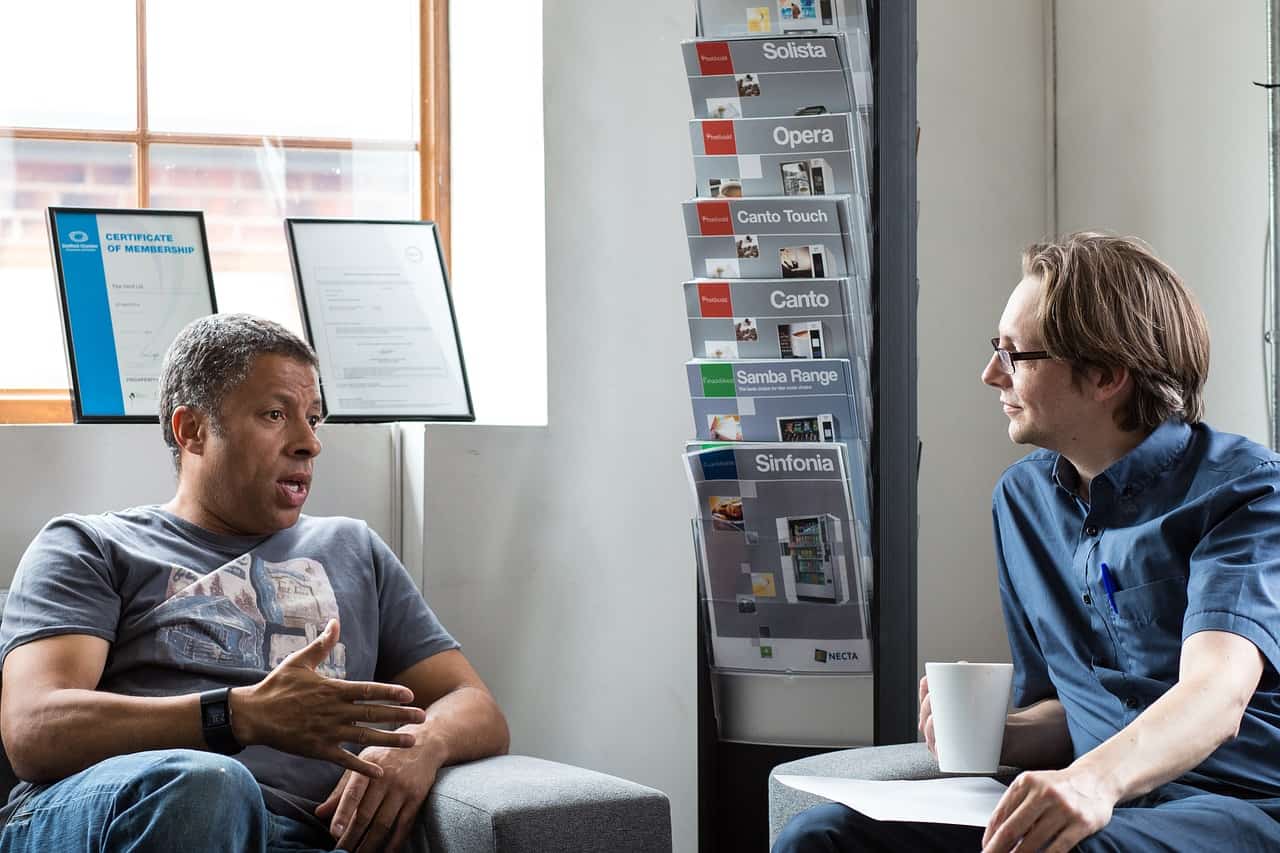An enlarged prostate (aka, benign prostatic hyperplasia, BPH) may be the most common prostate condition among men who are older than 50, but it still can be embarrassing both at home and socially. Even though BPH does not increase a man’s risk of getting prostate cancer or experiencing sexual problems, its impact on the quality of life can be problematic for some.
The impact of an enlarged prostate
Because enlargement of the prostate occurs gradually over time, men typically think their need to urinate more often or more urgently is just a natural part of getting older, notes Dr Howard LeWine, an assistant professor of medicine at Harvard-affiliated Brigham and Women’s Hospital. Unless they have had their prostate checked recently, they are usually unaware that their walnut-sized gland is growing.
The prostate is located just below the bladder, so if the gland becomes enlarged, it can place pressure on the urethra. Because the urethra transports urine from the bladder through the penis, the pressure can result in a variety of urinary problems.
In addition to needing to urinate more often or more urgently, symptoms of an enlarged prostate can also include dribbling, painful urination, difficulty completely emptying the bladder, urinating in fits and starts, and needing to get up frequently during the night to urinate. If men cannot adequately eliminate the urine in the bladder, there is a risk of infection.
How to alleviate symptoms of an enlarged prostate
Men have a variety of ways to get relief from the symptoms of an enlarged prostate; namely, medication, lifestyle changes, and natural supplements.
Medications often prescribed for an enlarged prostate include alpha-blockers and 5-alpha reductase inhibitors. Alpha blockers relax the muscles around the bladder opening and the prostate. Drugs in this class include alfuzosin (Uroxatral), doxazosin (Cardura), silodosin (Rapaflo), tamsulosin (Flomax), and terazosin (Hytrin). Men often notice an improvement in symptoms within a few days.
Drugs in the 5-alpha reductase inhibitor class gradually shrink the prostate so it will stop applying pressure to the urethra. Finasteride (Proscar) and dutasteride (Avodart) both may reduce the size of the prostate by one-quarter after 6 to 12 months.
Lifestyle habits that can help include managing stress, maintaining a healthy body weight, exercising regularly, and staying hydrated.
Foods that may help with BPH include fiber-rich foods (leafy greens, beans, whole grains), fruits and vegetables rich in antioxidants, foods rich in zinc (e.g., seafood, nuts), and those rich in omega-3 fatty acids (cold water fatty fish, nuts, seeds)
Foods to avoid or strictly limit include artificial sweeteners, caffeine, alcohol, carbonated beverages, refined starchy foods, and red meat.
Various natural supplements have demonstrated some ability to relieve urinary tract symptoms. You should discuss use of these remedies with a knowledgeable professional before taking them. They include pygeum, stinging nettle, saw palmetto, green tea extract, rye grass pollen extract, pumpkin seed, and lycopene.
Reference
Harvard Medical School. The growing problem of an enlarged prostate gland. Harvard Men’s Health Watch. 2019 March







